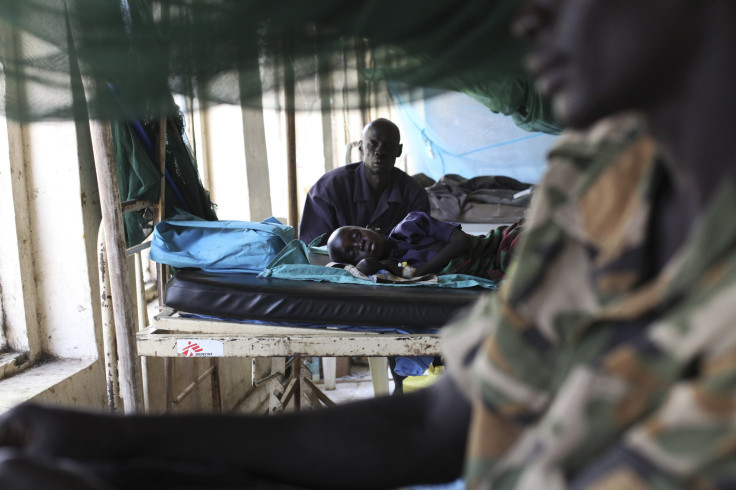Climate Change And Disease: Greater Outbreaks Expected As Rising Temperatures Disrupt Habitats

Climate change could spur more outbreaks of infectious diseases like West Nile virus and Ebola as shifting environments have led to more animals and humans being exposed to and spreading new parasites and pathogens, scientists have said. While previous research has shown evidence of this trend before, scientists said this transmission is happening faster than was once thought, according to new research published Monday in the journal the Philosophical Transactions of the Royal Society B.
Scientists said the spread of certain infections would be facilitated by so-called non-human pathogen reservoirs -- populations of animals carrying diseases that could jump into humans. "It's not that there's going to be one 'Andromeda Strain' that will wipe everybody out on the planet," Daniel Brooks, a zoologist at the University of Nebraska-Lincoln and co-author of the study, said in a statement, referring to the 1971 science fiction film. "There are going to be a lot of localized outbreaks putting pressure on medical and veterinary health systems. It will be the death of a thousand cuts."
The research focused mainly on the arrival of new parasites in the tropics and Arctic regions, where changes in species populations have been most dramatic. In Costa Rica, for instance, where humans have decimated the capuchin and spider monkey populations through hunting, parasites like the lungworm carried by those animals quickly found new hosts in howler monkeys and have continued thriving today.
The new study isn’t the first to suggest a link between climate change and disease spread. In the U.S., increased average temperatures, longer summers and changes in precipitation patterns have meant that mosquitoes carrying diseases like dengue fever have lived longer and spread to more states, according to the Natural Resources Defense Council. In the six years since West Nile Virus first entered the U.S. in 1999, there were more than 16,000 cases by 2005, the council found.
Climatologists have previously witnessed the spread of mosquito-borne infections like malaria as warmer temperatures have allowed the insects to thrive at higher altitudes. Researchers estimated last year that even the slightest increase in temperature could put millions more people in sub-Saharan Africa at risk of malaria as the disease spreads to communities living in high-altitude areas.
Rising global temperatures over the past century have led to shrinking glaciers, shorter winters, worsening droughts, more extreme weather phenomenon and shifts in plant and animal ranges, according to NASA. Scientists predict temperatures to continue rising over the next century by another 2.5 to 10 degrees Fahrenheit.
© Copyright IBTimes 2024. All rights reserved.






















